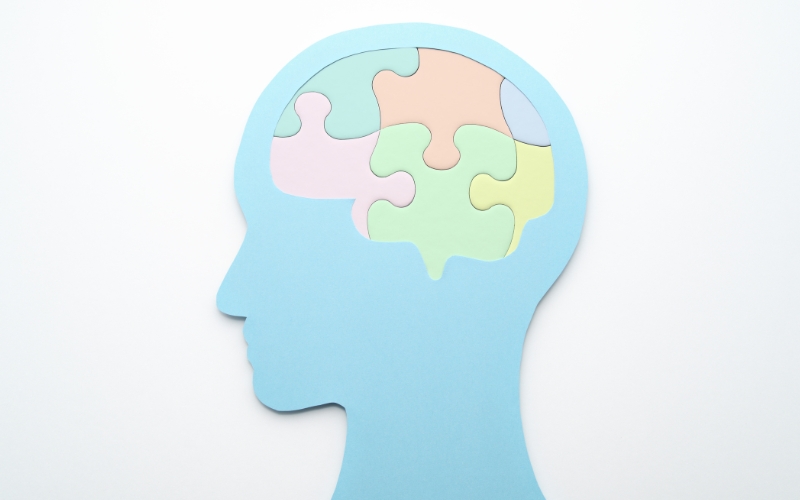First dosing is underway in MindBio Therapeutics Corp.’s Phase 2B clinical-trial microdosing of MB22001 in patients with major depressive disorder, the company said.
MB22001, MindBio’s lead candidate drug, is a proprietary titratable form of LSD designed for take-home microdosing.
MindBio has secured regulatory and ministerial approvals for MB22001 to be self-administered by participants in a randomized, triple-blind and active placebo-controlled trial.
During the trial, patients with major depressive disorder will undertake an eight-week regimen of MB22001. Half the participants will take an active placebo and the other half will take MB22001, according to MindBio.
After the eight-week trial, both placebo and drug group participants will be invited to participate in an eight-week open-label extension to ensure the placebo group has the opportunity to experience treatment with MB22001, resulting in potentially 16 weeks of data being collected from every patient.
MindBio’s thesis is that small, sub-hallucinogenic doses of a psychedelic drug is the most scalable way to use a psychedelic medicine to treat depressive disorders globally.
“Microdosing MB22001 is a disruptive treatment methodology using psychedelic medicines and our ambition is to develop this treatment globally at scale for affordable access to patients without the limitations and side effects of common anti-depressants,” MindBio CEO Justin Hanka said in a news release.
In February 2024, MindBio completed its Phase 2A trial in patients with major depressive disorder. In the open-label trial, patients experienced a 60% drop in depressive symptoms and 53% of patients entering the trial with MDD at Week 8 were in complete remission from their depression marked by an impressive mean 14.1 point drop in MADRS score, according to Melbourne-based MindBio.
Prior trial results using MB22001 recorded statistically significant improvements in sleep quality and increases in subjective feelings of “happiness,” “social connectivity,” “energy,” “creativity” and “wellness” with reduced “anger” and “irritability,” according to the company.

